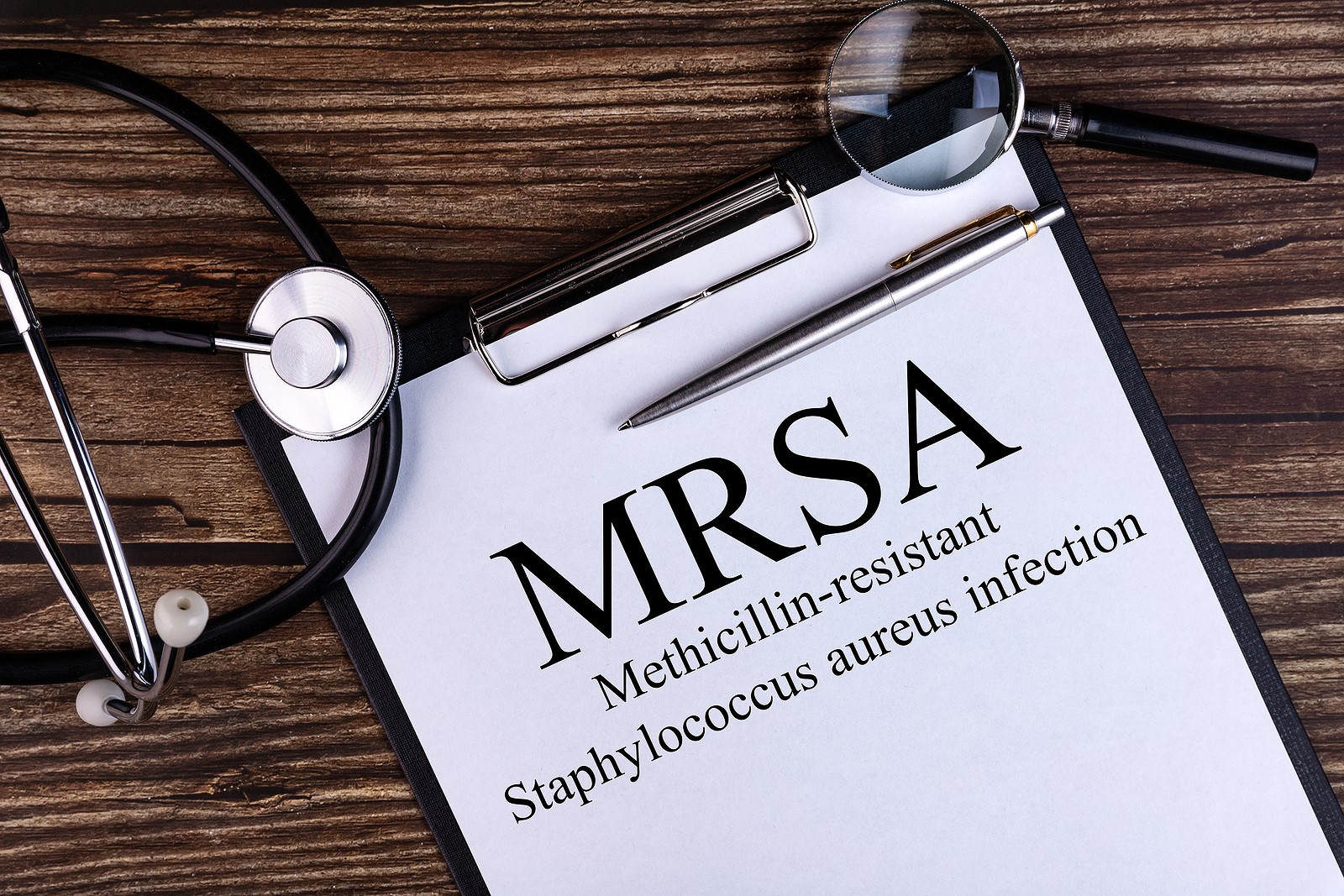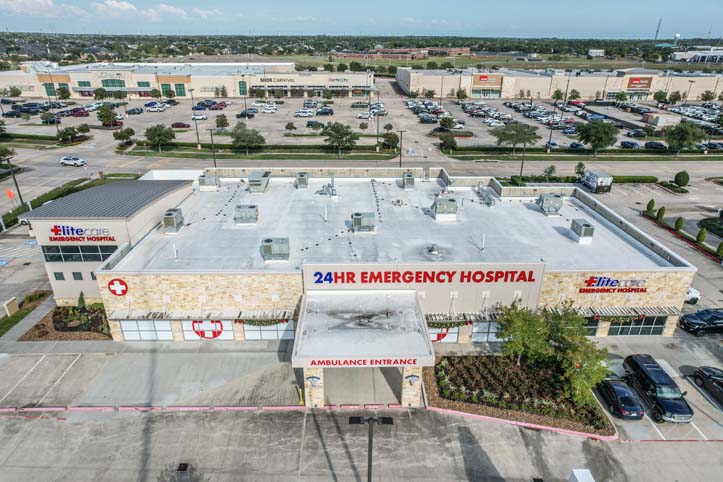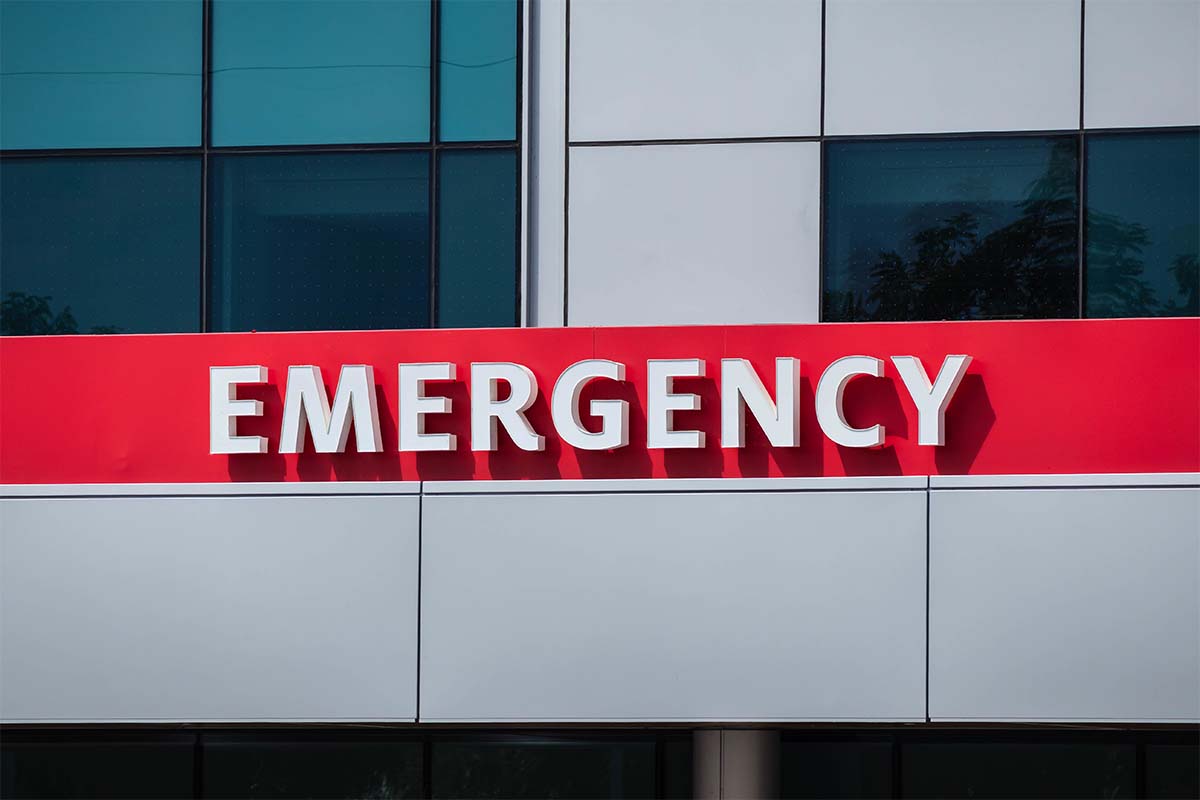
MRSA infection is a type of staph infection that can cause skin infections and other problems. MRSA stands for methicillin-resistant Staphylococcus aureus, which means it is resistant to antibiotics called beta-lactams such as penicillin and amoxicillin. MRSA spreads easily in the community and healthcare settings.
The most common type of MRSA disease is a skin infection or abscesses caused by direct contact with another person who has MRSA on the skin surface (such as from wounds). MRSA can be spread through contact with an infected person or by touching objects like toys, doorknobs, countertops and more. MRSA is an infection that must be treated quickly because it may result in severe illness and death.
Symptoms of MRSA Infection
MRSA skin infections first present as a red lump, pimple, or boil on the skin that may be painful, swollen, or heated to the touch. These infections may occasionally develop and pus may leak from the affected region. Although the majority of MRSA skin infections are minor, some do worsen and move to other parts of the body or organ systems. MRSA can also cause pneumonia (bacterial infection of lungs), bloodstream infections (sepsis) and MRSA arthritis (infection in joints).
Because of their similar looks and symptoms, bug bites, insect bites, spider bites, rashes, and stings can be difficult to identify from MRSA infections. However, if the individual never saw a spider or other creature that produced the lesion, the skin lesion is likely to be caused by MRSA, especially if the lesion spreads or does not improve after two to three days of therapy with standard antibiotics. (OnHealth, 2021)
Causes of MRSA Infection
There are several different types of Staphylococcus aureus bacterium, also known as “staph.” About one-third of the population has Staph bacteria on their skin or in their nose. Unless they enter the body through a cut or other wound, the bacteria are normally harmless, and even then, they only cause mild skin issues in healthy people.
According to the Centers for Disease Control and Prevention, around 5% of the population is infected with MRSA, a kind of staph bacterium. The causes of the infection are not completely known but it is believed that MRSA arises when staph bacteria become resistant to antibiotics.
Antibiotics contribute to the growth of drug-resistant germs even when they are administered properly since they do not kill every germ they target. Bacteria evolve quickly, so bacteria that survive treatment with one antibiotic quickly learn to resist others. (Mayo Clinic, 2020)
Treatment of MRSA Infection
MRSA infections should be treated by a doctor. The majority of treatment options are determined by the severity of the infection and the bacteria’s resistance pattern. Warm compresses for pus drainage (if present) and cleansing, as well as a tiny bandage, may be all that is required for mild wounds or small abscesses.
Many doctors will prescribe an antibiotic that some MRSA strains are susceptible to (for example, sulfamethoxazole and trimethoprim [Bactrim], linezolid [Zyvox], or clindamycin [Cleocin T]). Oral antibiotics may work for more invasive or severe infections, but many physicians prefer to treat them with IV antibiotics such vancomycin (Vancocin), sometimes in combination with another IV antibiotic. The majority of serious illnesses are treated with the help of an infectious disease expert. (OnHealth, 2021)
Prevention of MRSA
Prevention of MRSA infection includes good hygiene habits like hand washing or carrying a hand sanitizer, showering after athletic activities, avoiding contact with others who have MRSA infections and proper wound care by keeping them clean, bandaged and covered. Avoid sharing personal items like towels, razors, sheets. Proper cleaning of sheets, linen, and towels must be a priority in the case of a cut or sore. Healthcare workers must take special precautions to prevent the spread of MRSA in hospitals and other healthcare settings.
We are stewards of our own bodies and knowing about medical conditions such as MRSA give us the ability to act to minimize exacerbated symptoms and the spread of a contagious disease.
Works Cited
“MRSA Infection: Causes, Symptoms, and Treatment.” OnHealth, OnHealth, 26 Jan. 2021, www.onhealth.com/content/1/mrsa_infection_resistant.
“MRSA Infection.” Mayo Clinic, Mayo Foundation for Medical Education and Research, 1 Dec. 2020, www.mayoclinic.org/diseases-conditions/mrsa/symptoms-causes/syc-20375336.
















